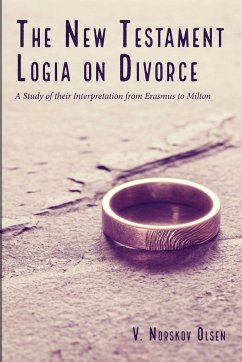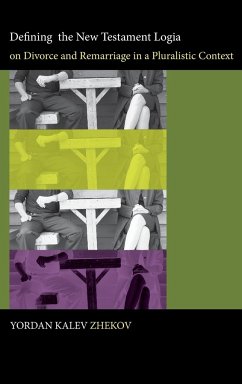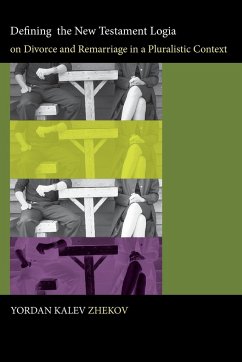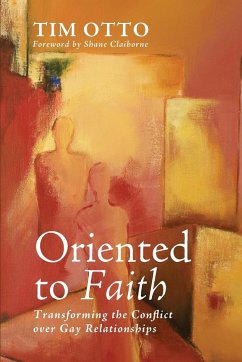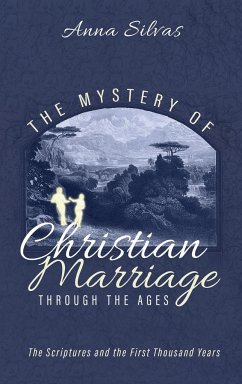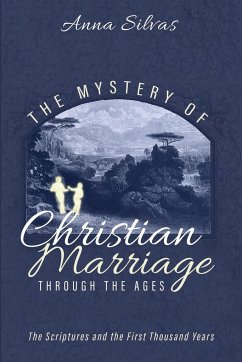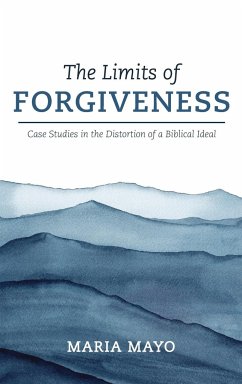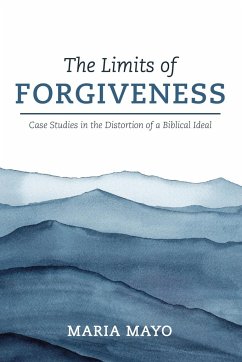""The New Testament on marriage and divorce has exercised a deep influence upon Western civilisation. This is especially the case with the logia on divorce which are recorded in the Gospels of Matthew v. 32, XIX 3--12, Mark X. 2--12 and Luke XVI. 18. The Apostle Paul deals with the subject in 1 Corinthians VII. 1--15. Within the Christian churches the statements in these texts are considered authoritative concerning the questions of whether or not marriage is indissoluble, and whether divorce and remarriage are allowed for one or several reasons. The purpose of this study is to examine the interpretation of the New Testament divorce texts during the Reformation period. The significance of the exegetical results achieved by the reformers can be appreciated only in the light of the medieval sacramental concept of marriage and the work of the Christian humanists; accordingly, the investigation begins with an examination of these two subjects, as well as the reaction of Roman Catholic exegetes to the interpretation of Erasmus. The interpretations of Luther and his associates and those of the prominent Reformed theologians follow. The works of representative English theologians have been studied, beginning with Willian Tyndale and Thomas Cranmer and ending with John Milton, whose works on divorce from an exegetical point of view terminate a period during which the meaning of the divorce texts was explored."" ¿From the Foreword V. Norskov Olsen was born into a devout Lutheran home in Copenhagen, Denmark. However, he was soon the youngest Seventh-day Adventist minister in Europe. After World War II, Norskov earned his bachelor of divinity degree from Andrews University where he married Anita Lippi, a pianist at the Chicago Music Conservatory. He later taught at his Danish alma mater and Newbold College; received his PhD from the University of London; and earned a second PhD from the University of Basel in Bern, Switzerland, where he studied with well-known theologians Karl Barth and Oscar Cullman. He taught in Loma Linda University's religion department, became dean of the college and provost of the La Sierra campus; and in 1974 was elected president of Loma Linda University.

